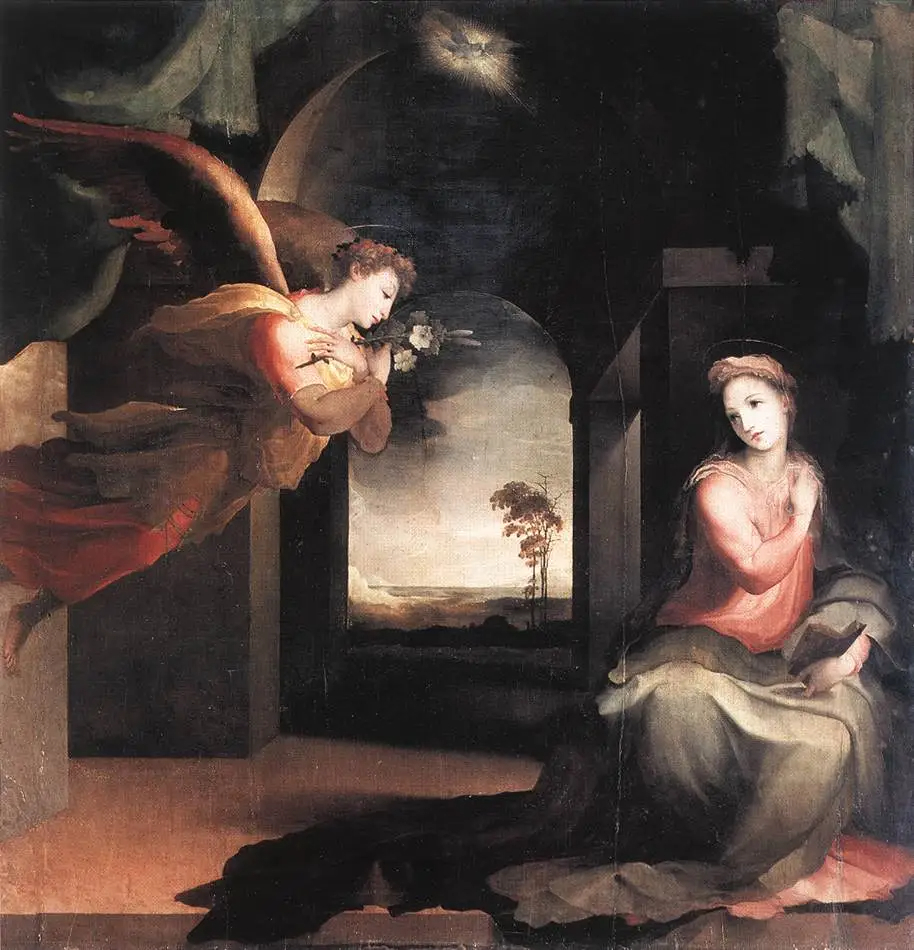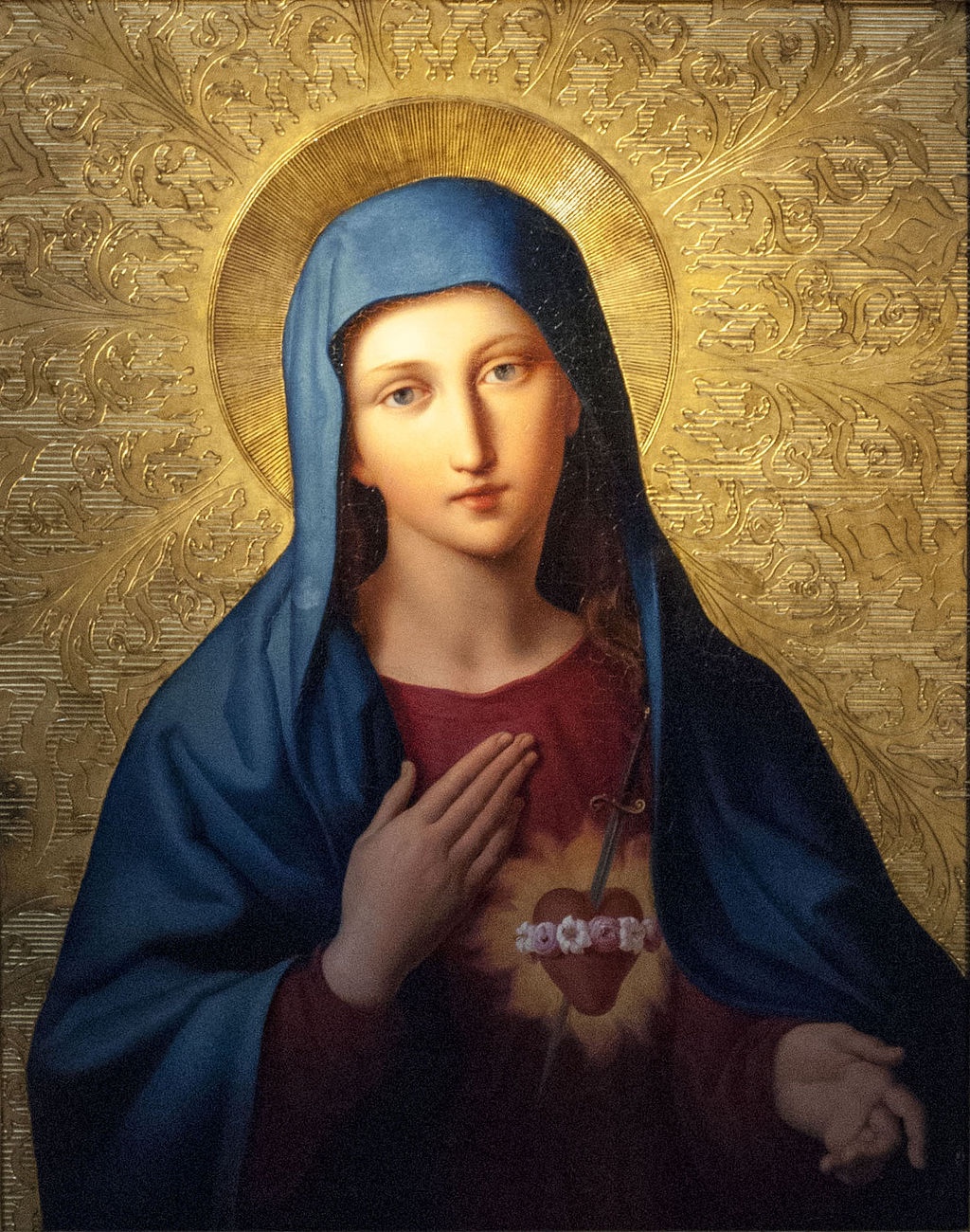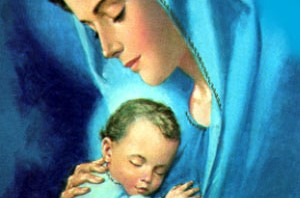“Behold, I am the handmaid of the Lord.
May it be done to me according to your word.”
Today, we celebrate one of the most important feasts on the Church calendar. This is when we remember the time when the Angel Gabriel came to visit Mary, and to let her know God’s plan for the world, that would involve her in a very special way. She was to have a baby, whose name would be Jesus, and he would save the world from sin and bring forth the Kingdom of God. Mary’s cooperation was necessary to bring mercy in the way God wanted it to come to us.
Without this feast of the Annunciation, there would never have been a Christmas. Without the Annunciation, there never would have been a Good Friday or an Easter. So this feast is so very important. Mary’s cooperation meant that Jesus could be born in her, and through her, come to save us. The faithfulness of Mary, especially as a very young girl, has to be an inspiration for all of us. Mary had no roadmap or big-picture view of how this would come about, yet she is full of grace and so she is very firm in her fiat, her “yes” – her decision to exercise her faith: She says, “Behold, I am the handmaid of the Lord. May it be done to me according to your word.” Mary says yes to God’s plan for her, and because of that, God is able to say yes to us, to invite us into the Kingdom.
We too are called to have the kind of faith that Mary had. And that’s because surely the glory of God is aching to be born in all of us; God wants to do important things for the world through all of us. We are called to bring Christ’s presence to every corner of our world, every place where we are. Sometimes, that can be scary, because we too don’t know what God’s work will call us to do or experience. We may be called upon to feed the hungry, or clothe the naked, or visit the sick, or shelter the homeless, or any of the works of mercy. But do we have the strength and ability to do that? Maybe not, but we are called to be Christ in those situations anyway. We might respond as Mary did at first: “How can this be?” But ultimately, we are called to respond that we are the Lord’s handmaids and accept the call with great faith.
Mary is our patron whenever we feel overwhelmed by what we are called to do. May we rely on her intercession to guide us through the dark pathways of the unknown. May we look to her for an example of faith. May we follow her great example and let the Lord be born in us too, so that our Incarnate Lord can be made manifest in our world yet again. May we, like Mary, cry out in faith, “Behold, I am the handmaid of the Lord. May it be done to me according to your word.”
Pray for us, O holy Mother of God,
that we may be made worthy of the promises of Christ.





You must be logged in to post a comment.